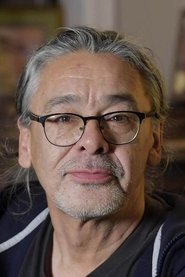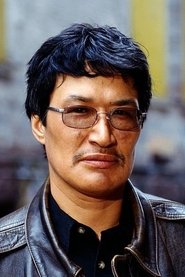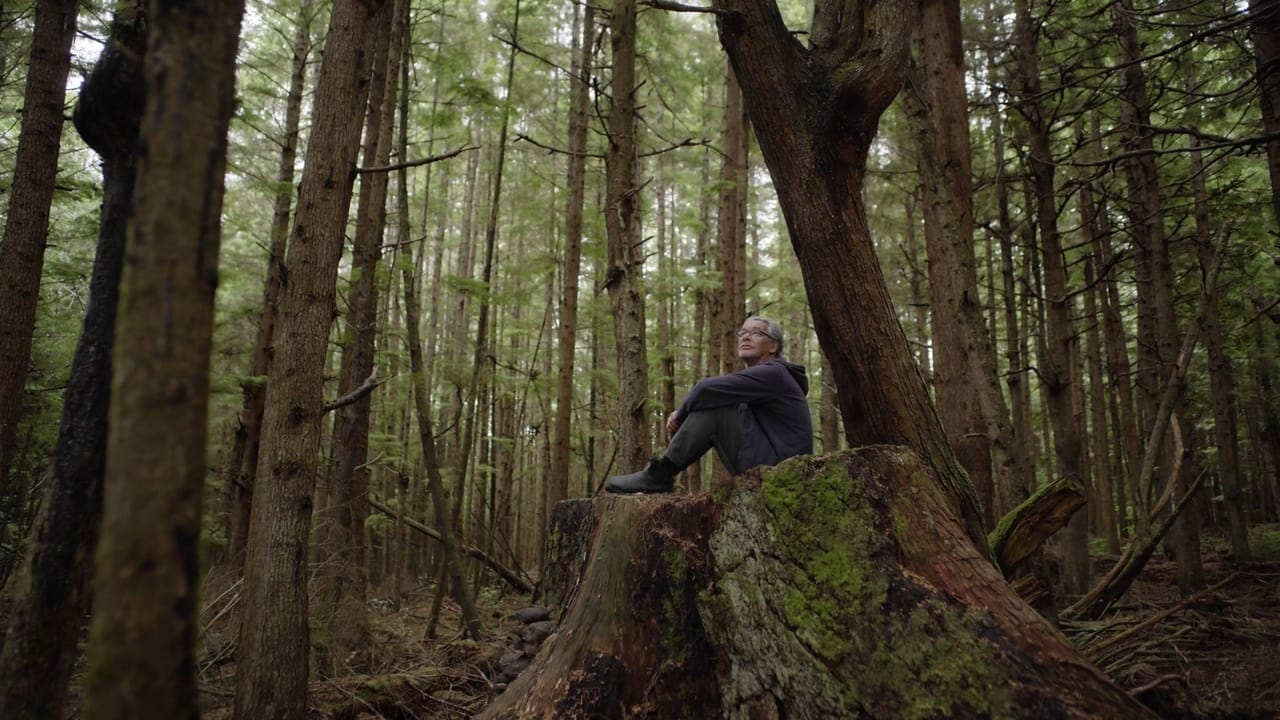
Red Fever(2024)
Red Fever is a witty and entertaining feature documentary about the profound -- yet hidden -- Indigenous influence on Western culture and identity. The film follows Cree co-director Neil Diamond as he asks, “Why do they love us so much?!” and sets out on a journey to find out why the world is so fascinated with the stereotypical imagery of Native people that is all over pop culture. Why have Indigenous cultures been revered, romanticized, and appropriated for so long, and to this day? Red Fever uncovers the surprising truths behind the imagery -- so buried in history that even most Native people don't know about them.
Movie: Red Fever
Top 10 Billed Cast
Self - Senior Fashion Writer, Vogue
Self - Founder & Director, Fashion Law Institute
Self - Fashion Designer & Artist
Self - Indigenous Studies Scholar
Self - Elder & Former Chief
Self - Descendent of Shaman Qingailisaq
Self - Artist & Fashion Designer
Video Trailer Red Fever
Similar Movies
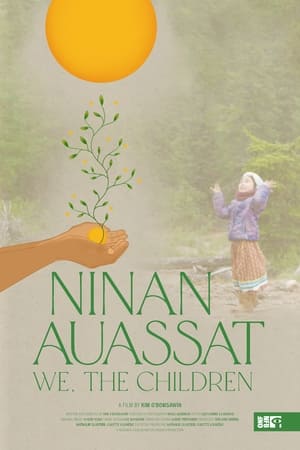 0.0
0.0Ninan Auassat: We, the Children(fr)
Known for her intimate films, director Kim O’Bomsawin (Call Me Human) invites viewers into the lives of Indigenous youth in this absorbing new documentary. Shot over six years, the film brings us the moving stories, dreams, and experiences of three groups of children and teens from different Indigenous nations: Atikamekw, Eeyou Cree, and Innu. In following these young people through the formative years of their childhood and right through their high school years, we witness their daily lives, their ideas, and aspirations for themselves and their communities, as well as some of the challenges they face.
 7.1
7.1Nanook of the North(en)
This pioneering documentary film depicts the lives of the indigenous Inuit people of Canada's northern Quebec region. Although the production contains some fictional elements, it vividly shows how its resourceful subjects survive in such a harsh climate, revealing how they construct their igloo homes and find food by hunting and fishing. The film also captures the beautiful, if unforgiving, frozen landscape of the Great White North, far removed from conventional civilization.
 7.9
7.9Bye Bye Barry(en)
When NFL superstar Barry Sanders vanished at the height of his career, he left the NFL world in shock. He was still in his prime, chasing the all-time NFL rushing record when he boarded a flight to England and never stepped foot on the field again. Now, 24 years later, Barry retraces his steps through the streets of London to finally confront the mystery.
 9.3
9.3Inside the Dream: Mugler(fr)
Revolutionary fragrances, Haute Couture and spectacular shows: in the world of luxury, Thierry Mugler broke every code. Enter into the backstage of the House: from treasured archives to new creations, from the conception of a new fragrance to designing a ready-to-wear collection with Casey Cadwallader, Mugler Fashion Creative Director, to a frenetic catwalk.
Gros chat(fr)
Siméon Malec, host on Pakueshikan FM radio, receives Marie-Soleil Bellefleur on the air to discuss new regulations concerning salmon nets. To their great dismay, the duo is constantly interrupted by increasingly worrying calls... It seems that a lion has been seen in the community!
 5.0
5.0First Daughter and the Black Snake(en)
The “Prophecy of the 7th Fire” says a “black snake” will bring destruction to the earth. For Winona LaDuke, the “black snake” is oil trains and pipelines. When she learns that Canadian-owned Enbridge plans to route a new pipeline through her tribe’s 1855 Treaty land, she and her community spring into action to save the sacred wild rice lakes and preserve their traditional indigenous way of life. Launching an annual spiritual horse ride along the proposed pipeline route, speaking at community meetings and regulatory hearings. Winona testifies that the pipeline route follows one of historical and present-day trauma. The tribe participates in the pipeline permitting process, asserting their treaty rights to protect their natural resources. LaDuke joins with her tribe and others to demand that the pipelines’ impact on tribal people’s resources be considered in the permitting process.
 0.0
0.0Warrior: The Life of Leonard Peltier(en)
An intimate exploration of the circumstances surrounding the incarceration of Native American activist Leonard Peltier, convicted of murder in 1977, with commentary from those involved, including Peltier himself.
 7.1
7.1There's Something in the Water(en)
Elliot Page brings attention to the injustices and injuries caused by environmental racism in his home province, in this urgent documentary on Indigenous and African Nova Scotian women fighting to protect their communities, their land, and their futures.
 5.7
5.7Broken Rainbow(en)
Documentary chronicling the government relocation of 10,000 Navajo Indians in Arizona.
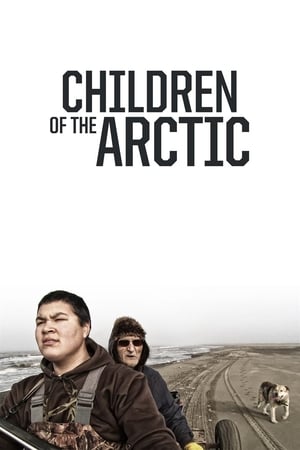 9.0
9.0Children of the Arctic(en)
Children of the Arctic is a portrait of five Native Alaskan teenagers growing up in Barrow - the northernmost community in the United States. As their climate and culture undergo profound changes, they strive to balance being modern American kids and the inheritors of an endangered way of life.
Apache(en)
Short about the daily life of the Apaches, including their ceremonies.
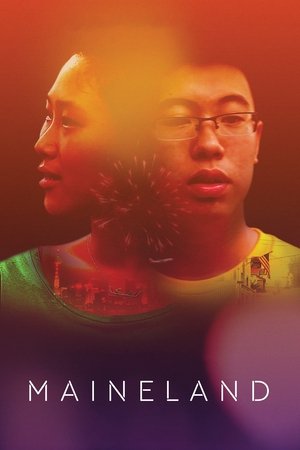 4.6
4.6Maineland(en)
Chinese teenagers from the wealthy elite, with big American dreams, settle into a boarding school in small-town Maine. As their fuzzy visions of the American dream slowly gain more clarity, their relationship to home takes on a poignant new aspect.
 7.4
7.4Kelce(en)
An intimate and emotional documentary that chronicles Philadelphia Eagles team captain and All-Pro center Jason Kelce’s 2022 season, which began with him confronting one of the most challenging decisions any professional athlete will ever face—is now the time to hang it up?
 0.0
0.0Super Bowl LV Champions: Tampa Bay Buccaneers(en)
Relive all the glory from the Buccaneers' second championship season—from their final 8-game winning streak, to winning three straight road playoff games, before returning home to the Crowning Glory of Super Bowl LV at Raymond James Stadium.
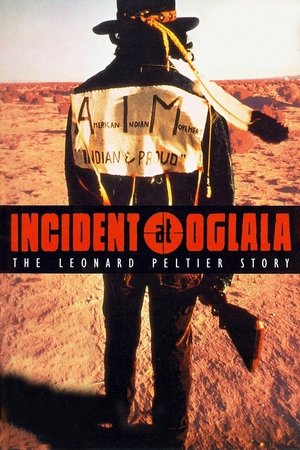 7.0
7.0Incident at Oglala(en)
On June 26, 1975, during a period of high tensions on the Pine Ridge reservation in South Dakota, two FBI agents were killed in a shootout with a group of Indians. Although several men were charged with killing the agents, only one, Leonard Peltier, was found guilty. This film describes the events surrounding the shootout and suggests that Peltier was unjustly convicted.
 6.0
6.0Mankiller(en)
The story of an American hero and the Cherokee Nation's first woman Principal Chief who humbly defied all odds to give a voice to the voiceless.
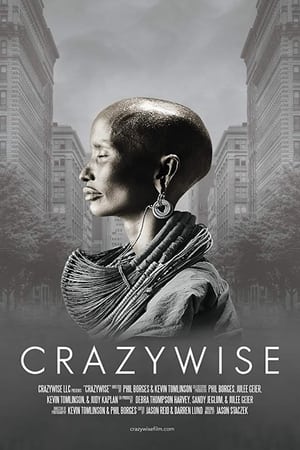 6.0
6.0Crazywise(en)
Western culture treats mental disorders primarily through biomedical psychiatry, but filmmakers Phil Borges and Kevin Tomlinson reveal a growing movement of professionals and survivors who are forging alternative treatments that focus on recovery and turning mental “illness” into a positive transformative experience.
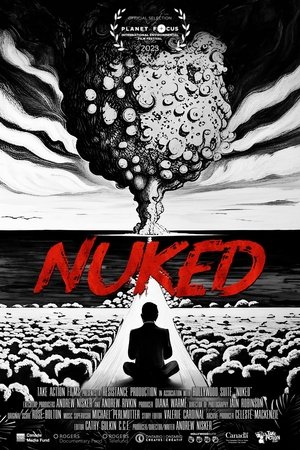 7.5
7.5NUKED(en)
The US detonated 67 nuclear weapons over the Bikini Atoll in the Marshall Islands during the Cold War, the consequences of which still reverberate down four generations to today. "NUKED," is a timely new feature documentary focussing on the human victims of the nuclear arms race, tracing the displaced Bikinian's ongoing struggle for justice and survival even as climate change poses a new existential threat. Using carefully restored archival footage to resurrect contemporaneous islanders’ voices and juxtaposing these with the full, awesome fury of the nuclear detonations, NUKED starkly contrasts the official record with the lived experience of the Bikinians themselves, serving as an important counterpoint to this summer’s Oppenheimer.
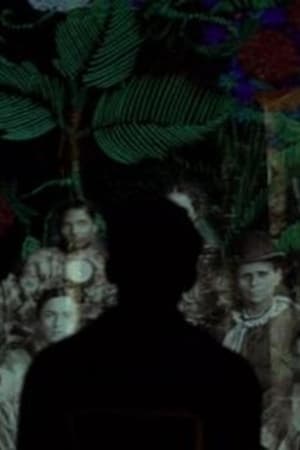 0.0
0.0The Delightful One(fr)
In the form of a poetic love letter to its nation, this short film reveals a strong community and the anchoring of the new generation in this rich culture.
 8.0
8.0Unicorn Town(en)
Despite having just 40,000 residents and limited financial resources, the Schwäbisch Hall Unicorns have been able to compete at the highest level of football in all of Europe. But as more money floods into the sport, coaches and fans must face the question: has this team become a relic of the past or can their remarkable culture propel them beyond the constraints of reality?

